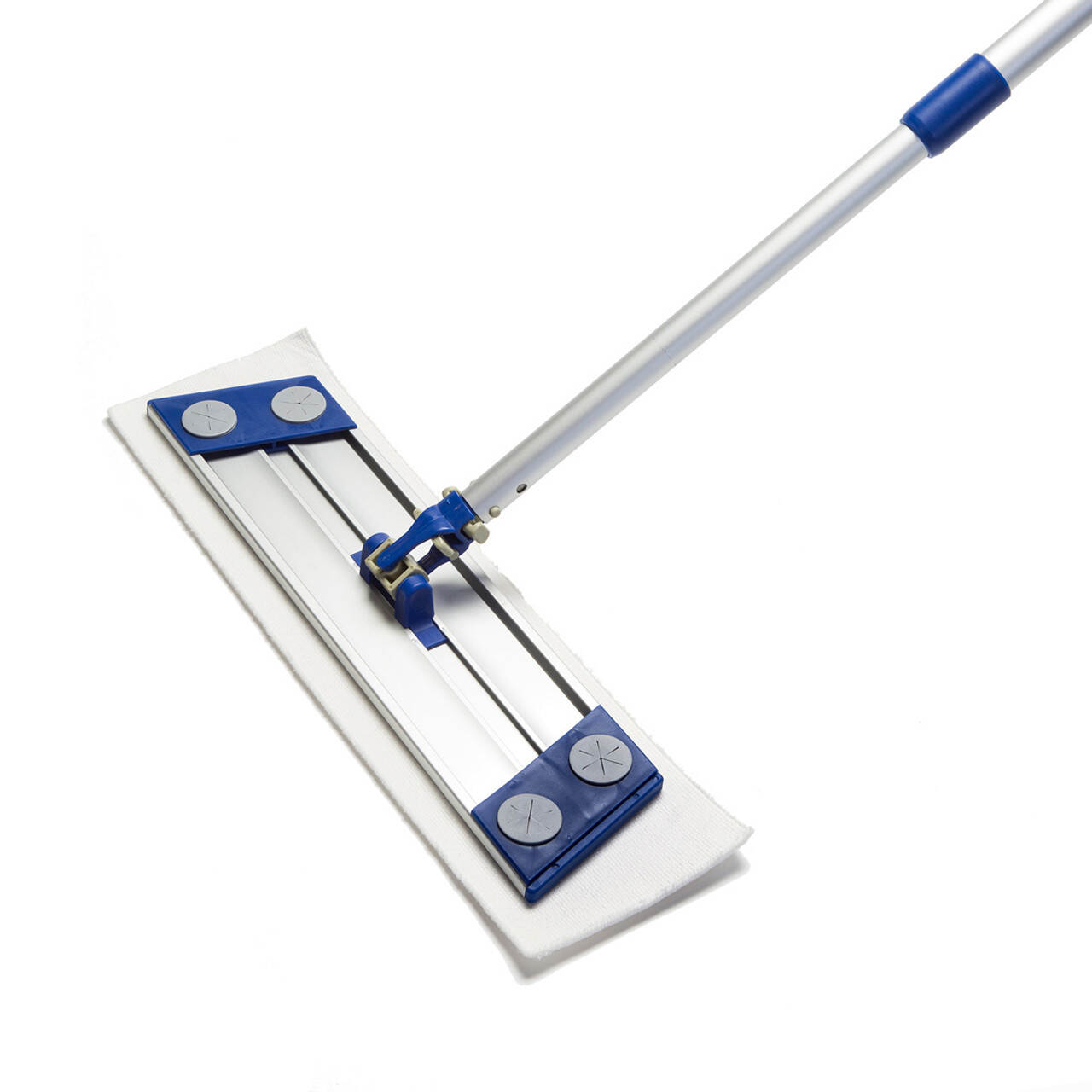Email format error
Email cannot be empty
Email already exists
6-20 characters(letters plus numbers only)
The password is inconsistent
Email format error
Email cannot be empty
Email does not exist
6-20 characters(letters plus numbers only)
The password is inconsistent


How can hospital disposable mop help prevent cross-contamination in healthcare settings?
Hospital disposable mops play a crucial role in preventing cross-contamination in healthcare settings by offering several advantages over reusable mop systems. Here's how they help maintain a clean and safe environment:
1. Single-Use Design
- Disposable mops are designed for single use, which means they are discarded after each cleaning session. This reduces the risk of cross-contamination between different areas, surfaces, or patient rooms, as the mop head is not reused and doesn’t carry bacteria or pathogens from one location to another.
2. Pre-Soaked or Pre-Saturated Mops
- Many disposable mops come pre-soaked or pre-saturated with disinfectant solutions, which ensures that the mop is always used with an effective cleaning agent. This prevents the spread of germs or pathogens, especially when cleaning high-risk areas such as patient rooms, operating theaters, or intensive care units (ICUs).
3. Eliminates Cleaning Between Uses
- With reusable mop systems, there is always the risk that the mop may not be thoroughly cleaned between uses, potentially allowing pathogens to spread. Disposable mops eliminate this issue by ensuring that each mop is used only once and then discarded, leaving no room for contamination from previous cleaning tasks.
4. Reduces Handling and Storage of Contaminated Mops
- Reusable mops require storage and maintenance, which can inadvertently expose cleaning staff to contamination if proper hygiene practices are not followed. Disposable mops eliminate this risk by being disposed of immediately after use, reducing the need for staff to handle soiled cleaning tools.
5. Enhanced Infection Control Protocols
- Hospitals and healthcare facilities often have strict infection control protocols in place, and disposable mops are specifically designed to align with these guidelines. By using single-use, pre-saturated mops, healthcare facilities can ensure that their cleaning processes meet the standards set for preventing cross-contamination and controlling the spread of healthcare-associated infections (HAIs).
6. Reduced Risk of Environmental Contamination
- In addition to reducing human-to-human transmission of infections, disposable mops help prevent environmental contamination. Reusable mops, if not properly sanitized, can harbor bacteria, viruses, and fungi on their fibers, which can then be transferred to high-touch surfaces. Disposable mops eliminate this concern by ensuring that contaminants do not linger on cleaning tools.
7. Minimizes the Spread of Multi-Drug Resistant Organisms (MDROs)
- In healthcare settings, preventing the spread of MDROs (such as MRSA, C. difficile, or VRE) is essential. Disposable mops are particularly effective at preventing the transfer of these resistant pathogens from room to room, since they are discarded after a single use, which ensures that any pathogens that might be present are contained and not carried to other areas.
8. Cost and Efficiency
- While disposable mops may appear more expensive initially, they can be more cost-effective over time by reducing the need for laundering, disinfecting, and maintaining reusable mop heads. This can also improve efficiency in cleaning procedures, ensuring that proper infection control measures are consistently followed without relying on staff to remember to clean or change mop heads.
In conclusion, hospital disposable mops are a key part of an effective infection control strategy. By reducing the potential for cross-contamination, ensuring consistent use of disinfectants, and preventing the spread of harmful pathogens, they contribute to safer, cleaner environments for patients and healthcare workers alike.
